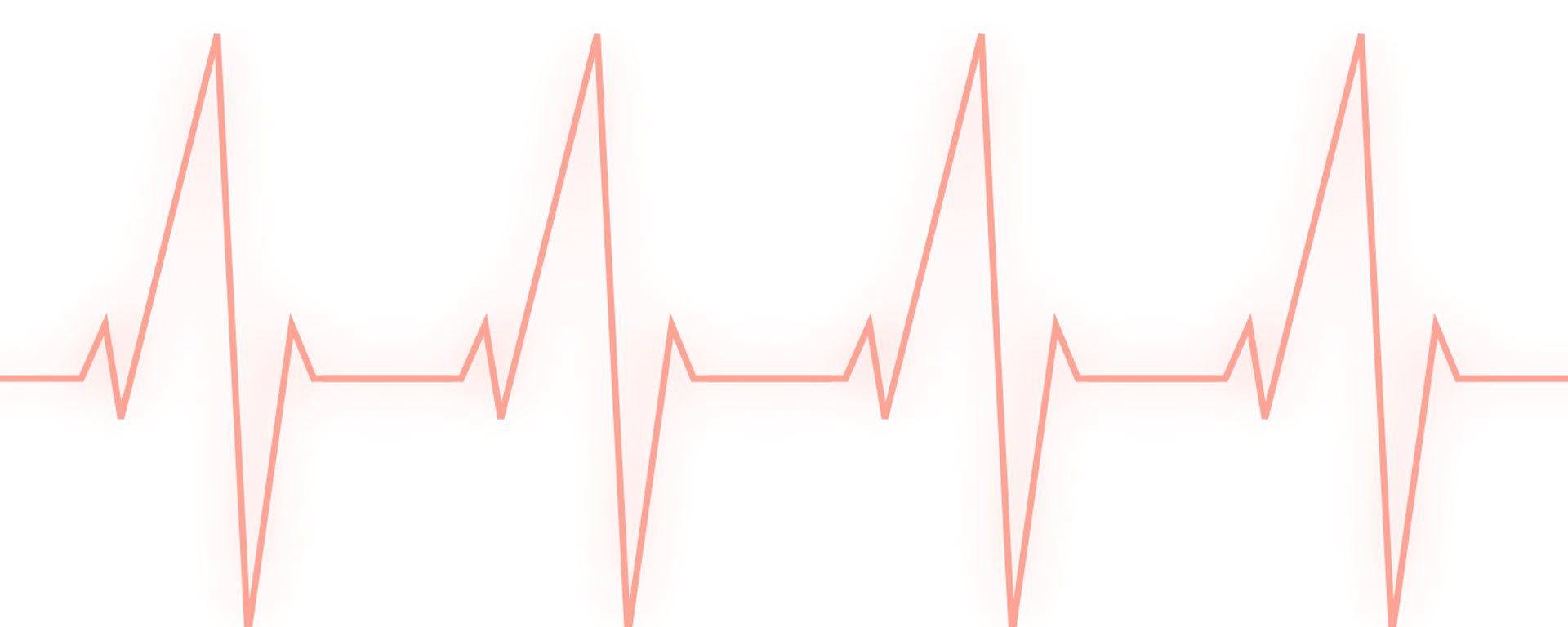You have a bachelor’s degree. Perhaps it’s been years since you graduated, and you are not fully satisfied with the career path you chose. Maybe when you first went to school, it was because you felt the need to, not because it was something you were passionate about. Now, with more experience and self-awareness, you are considering a new calling – a field that will truly allow you to thrive: nursing.
Taking a non-nursing bachelor’s to a nursing degree is not uncommon. In fact, there are degree programs specifically designed for this path. Most often, they are called second-degree nursing programs, or accelerated BSN programs. They enable people with a bachelor’s degree in a non-nursing field, to pursue a Bachelor’s in Nursing (BSN), at a relatively fast pace. At Goodwin College, for example, you can take your bachelor’s to a BSN in just 16 months full-time.
How do accelerated BSN programs work?
Most entry-level nursing programs involve a combination of general education courses (think: science, English, and math), nursing-specific coursework, as well as clinical experiences in a medical facility. Typically, accelerated BSN curriculums take out that first step. Because you already have a bachelor’s degree, you already have general education coursework (and more!) under your belt. Your previous credits can be transferred and applied to your Bachelor’s in Nursing. This cuts down on class time, and allows you to focus on developing newfound, technical skills within the nursing field.
Bachelor’s to BSN programs are intensive in nature, packing a lot of nursing knowledge into a short amount of time (even shorter than associate-level program). That said, an accelerated BSN program will typically focus on science-based courses, such as anatomy and physiology, microbiology, chemistry, pharmacology, and other key nursing subjects in areas like mental and public health.
Upon completion your ABSN degree, you will take the National Council Licensure Exam (NCLEX) to become licensed as a Registered Nurse.
What does it take to apply to an accelerated BSN program?
While program requirements vary, most ABSN programs will simply ask that you:
- Already have a bachelor’s degree in a non-nursing field (any major is OK!)
- Graduated with a minimum Grade Point Average (at Goodwin, this is a 3.0 GPA)
- Completed your bachelor’s at an accredited college or university
Second-degree BSN programs will also require that you complete an application for admission, transfer any official college transcripts, and successfully complete a pre-admissions examination. Although you do not have nursing experience (yet!), these nursing programs may require that you have completed some basic science courses, such as Biology and Chem, prior to applying. You can learn about Goodwin College’s specific ABSN requirements here.
What about Associate and Master’s degree options, instead?
It is true that an Associate degree in Nursing (ADN) is the standard requirement to launch a job as a Registered Nurse today. However, more and more employers are seeking candidates with a BSN degree (and here are a few reasons why). Because it will take fewer time to earn your BSN (via a second-degree program) than an ADN, it likely makes sense for you to go the BSN route.
And if you are wondering, “Should I just pursue my master’s degree?” – That’s ultimately up to you. Direct-entry MSN programs are certainly an option for those wishing to get into nursing. However, you’ll want to ensure this aligns with your career goals. An MSN degree is not needed to provide patient care. However, it may be required for administration and other leadership roles in nursing. You’ll also need a master’s level education to pursue an advanced practice career as a Nurse Practitioner (which is much like a doctor), and a Nurse Anesthetist. Keep in mind, this path will also require more years in school.
Getting Started
As with any educational commitment, deciding to pursue a BSN degree is a big leap – especially after you’ve already spent four years in school. However, that is why second-degree programs do their best to make it convenient for you to transfer your bachelor’s to a BSN, and to launch the career of your dreams. Some programs also make the investment easier, too. Goodwin College, for example, offers financial aid and scholarship opportunities to students of the ABSN program. We also promise a fixed tuition model, meaning you will know the total cost of your BSN degree before starting classes.
According to the Bureau of Labor Statistics, Registered Nurses make an average of $75,510 annually. In Connecticut, however, you can expect to make over $81,000 per year – and even more with a bachelor’s degree in hand. More encouraging than the earning potential, is the job outlook. Nurses are some of the most in-demand professionals across the United States today, and the healthcare industry is growing faster than ever. This means you can look forward to a rewarding career helping others, right away.
If you are considering taking your bachelor’s to a BSN degree, and currently reside in Connecticut, Goodwin College can help you start the path. Contact us at 800-889-3282 to learn about our flexible ABSN program, or visit us online today.
Goodwin University is a nonprofit institution of higher education and is accredited by the New England Commission of Higher Education (NECHE), formerly known as the New England Association of Schools and Colleges (NEASC). Goodwin University was founded in 1999, with the goal of serving a diverse student population with career-focused degree programs that lead to strong employment outcomes.

